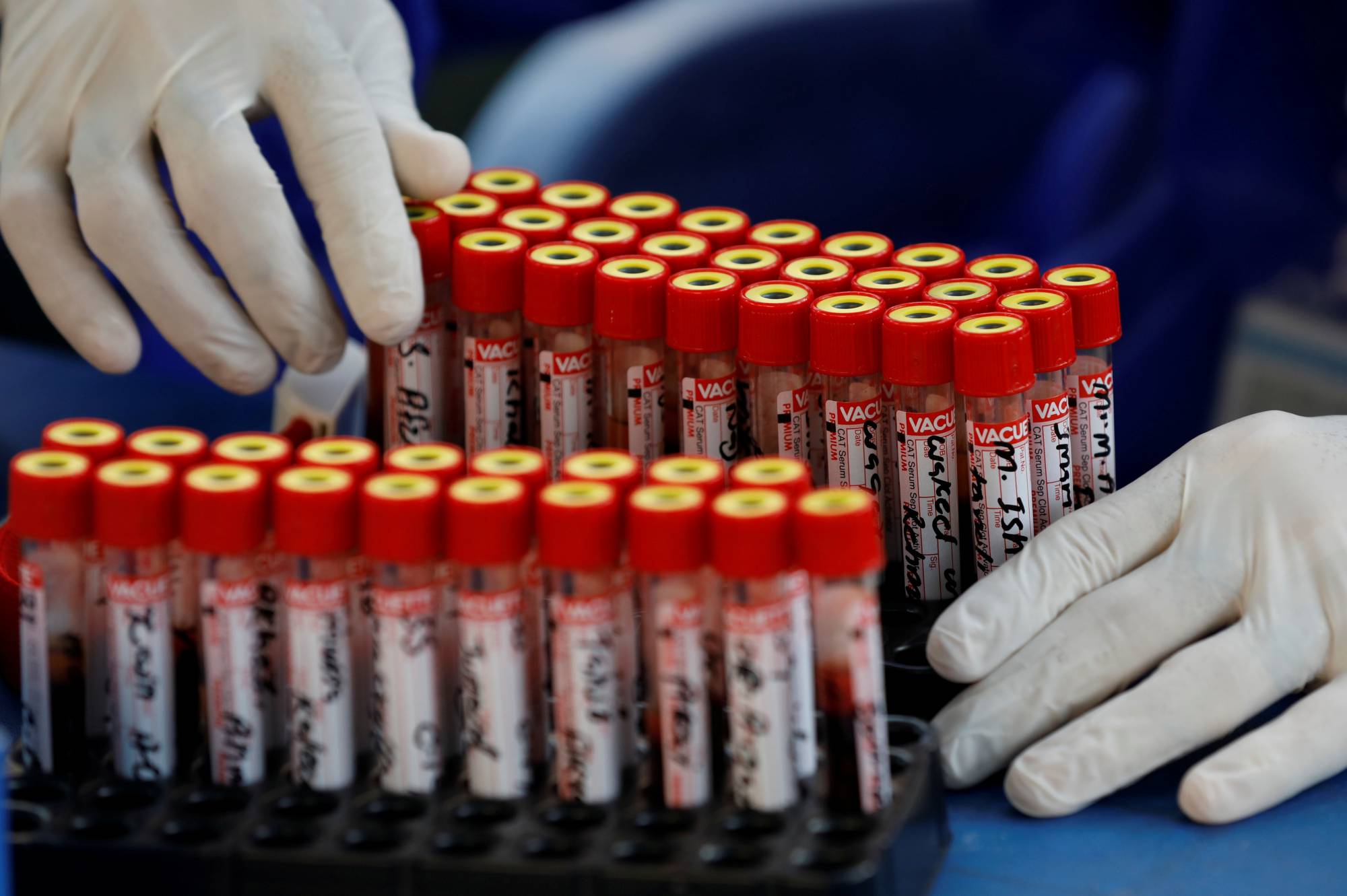Research to develop a safe, effective, and widely available COVID-19 vaccine is advancing rapidly. But when it will happen is not clear. Much depends on how we govern the production and distribution of new drugs. While the World Health Organization’s COVID-19 Technology Access Pool promises to foster accessibility, the actual availability of vaccines and treatments also will hinge on local manufacturing capacity, which in many countries has been eroded by deindustrialization.
Moreover, while universal testing remains a feasible, cost-effective, and immediately available method of managing the pandemic until a vaccine arrives, this approach also requires manufacturing capacity and sound governance in the public interest. Yet even in advanced economies, over-reliance on the private sector may prevent governments from maximizing test production and deployment. For example, the British government has proposed a “moon shot” testing program, yet its actual strategy needs clarification.
Such a mission-oriented approach requires a holistic, systems-level perspective, particularly when it comes to “wicked problems” like public-health crises and climate change, which involve a wide range of complex socioeconomic and technological issues. Implementing universal testing will require contributions from a sprawling network of actors and institutions. To be truly effective, any such program must be designed to generate systemic resilience and public value.



















With your current subscription plan you can comment on stories. However, before writing your first comment, please create a display name in the Profile section of your subscriber account page.